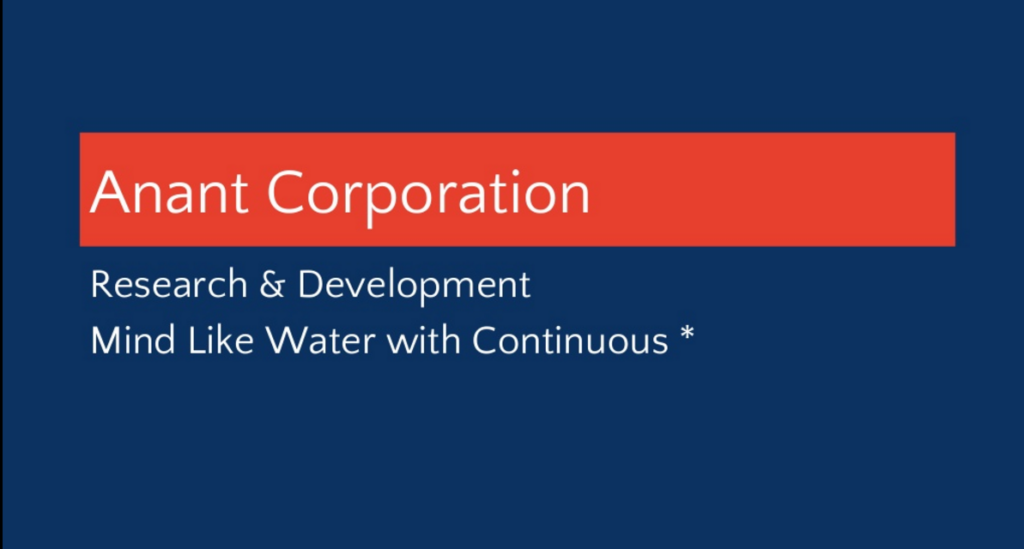What is an on-boarding process?
Before we dive into the importance of an onboarding process, let’s try to understand the process itself. Onboarding is a process of integrating new employees into the organization and preparing them for success in their position. The goal of this process is to help new hires get acquainted with their new environment and get started on the right foot. Most people often think orientation is the onboarding process, but this is not the case. It’s important to understand the difference between them. While Orientation is a specific event, typically lasting a day, onboarding is a process which starts from the day the new hire accepted the offer and continues for weeks or even months after the first day at the office.
Why is onboarding so important?
Proper onboarding not only helps employees become a part of the organization but it also assists them in making an active shift towards contributing to organizational goals. Here is a list of benefits that a good onboarding program provides:
- Allows new hires to be productive quickly During the onboarding process, new employees quickly get up to speed with the help of employees who have been with the company for a longer period and possess information gathered from their years of experience. They learn about common mistakes that should be avoided and steps to get things done faster. As indicated in an HBR survey, companies with onboarding processes enjoy 54% greater productivity from their new hires. The longest onboarding programs are the most successful ones.
- Reduces stress and anxiety Stress levels are usually high for new employees. Not only do they have to learn an entirely new job with new processes, but they also meet a lot of new faces, have to learn a new office layout, and have to adapt to a new office culture etc. All of these things can be quite overwhelming for someone who is just joining the company. Creating onboarding documents that contain important information plays a big role in reducing this stress. Reducing stress also lets the new hires focus on what’s important. Onboarding helps people discover how their roles fit in with the rest of the company’s workforce. It facilitates the development of relationships, resulting in friendships that are a very important element of a happy work-life.
- Develop new skill sets In addition to teaching new hires about the mission, vision, values, and culture of the organization, well-planned onboarding programs also ensure that new employees fully understand their responsibilities and they have all the resources needed to develop new skills necessary to succeed at their job. New employees should have a clear understanding of what’s expected in their day-to-day work and how to deliver them and this can be achieved through an extensive onboarding program filled with hands-on training and workshops.
- Helps maintain and enrich the organizational culture Onboarding provides a great opportunity for an organization to clearly demonstrate its mission, values, and unique culture to new hires who at that moment are usually at their best receptive phase. Onboarding also shows new hires how they can interact with and influence the culture through their actions and attitude at work. Moreover, new employees with fresh minds and new perspectives bring a slew of new ideas to the table.
- Decreases turnover (and Turnover Cost) Hiring top talent is not an easy task. It takes weeks and even months of preparation and lots of money to get the best out of several applicants. So when employees leave your company, regardless of whether they’re a bad fit or just moving on, it can negatively impact your business and team morale. Implementing a strong onboarding program assures new and existing employees that they are valued and have all the necessary tools to succeed. This also provides the opportunity to demonstrate in tangible ways that the organization truly cares about its employees. This makes it far less likely that they will look elsewhere.
Some of the common onboarding mistakes that you should avoid.
- Failing to engage employees on the first day.
- Throwing new hires into work immediately without training or context.
- Not introducing new hires to the rest of the team.
- Not providing a clear job description.
- Managers not meeting with new hires, not providing feedback
- Not setting clear and SMART goals.
Did you enjoy this post? If you have any questions about this post or any others, send us an email!
Photo by Erwan Hesry on Unsplash




